2015 Wall Street Reading List
A collection of the Wall Street Reading List's best business books published in 2015.
3,332 views

Superforecasting
Philip E. Tetlock
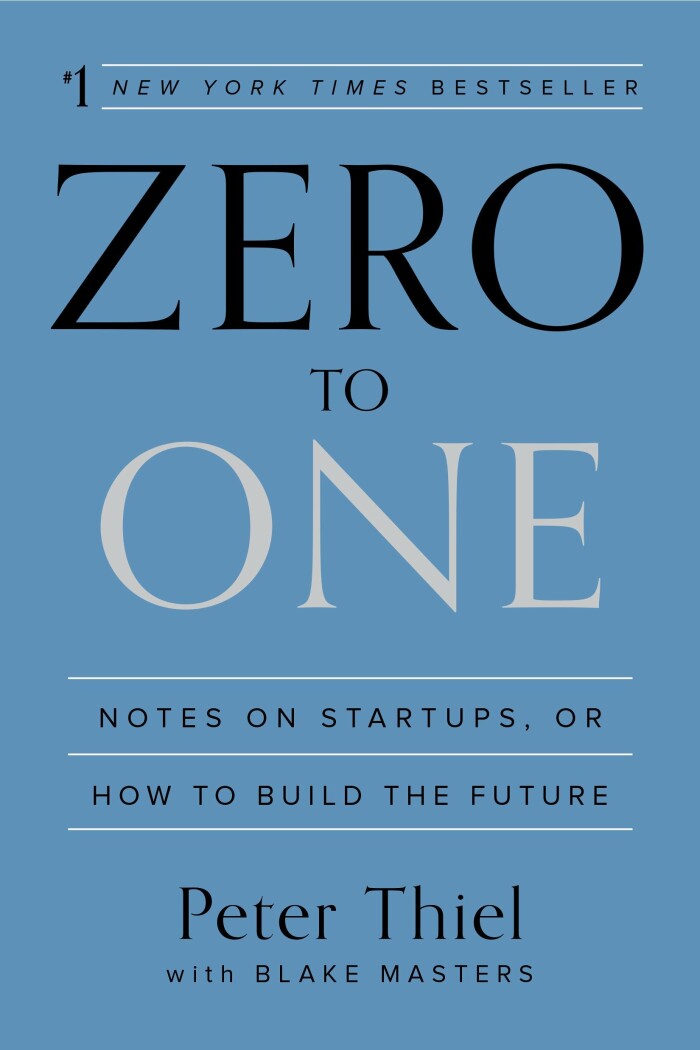
Zero to One
Peter Thiel
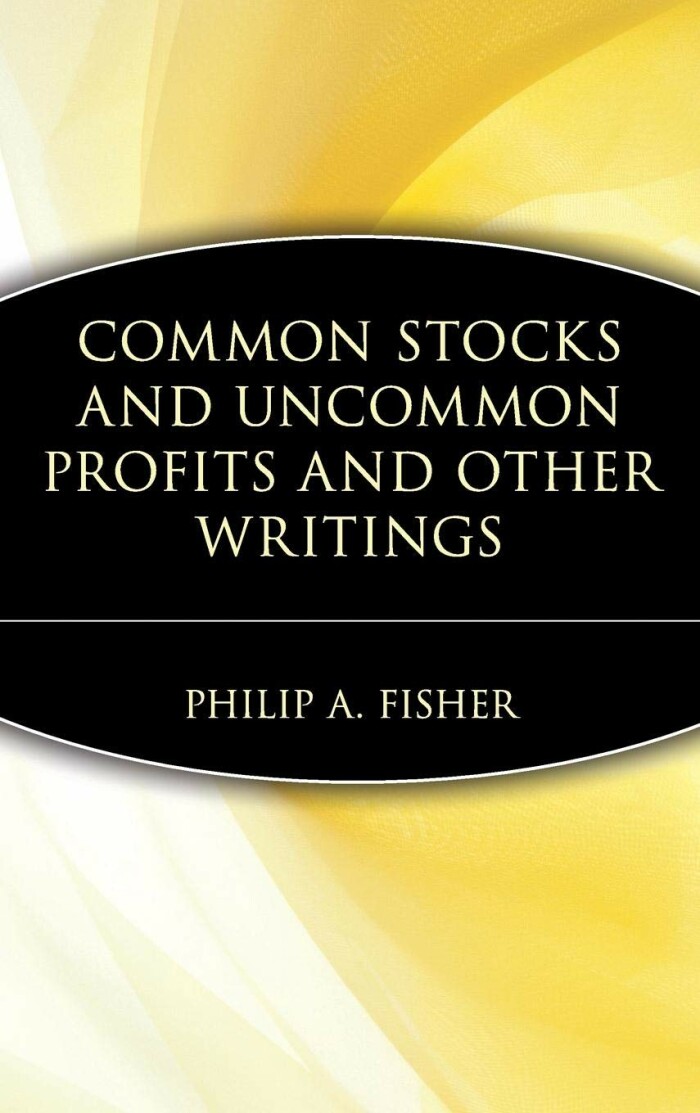
Common Stocks and Uncommon Profits
Philip A. Fisher
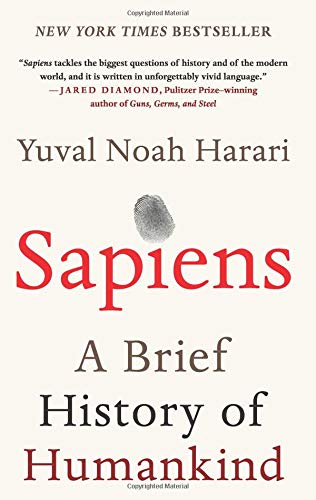
Sapiens
Yuval Noah Harari

The Alchemy of Finance
George Soros
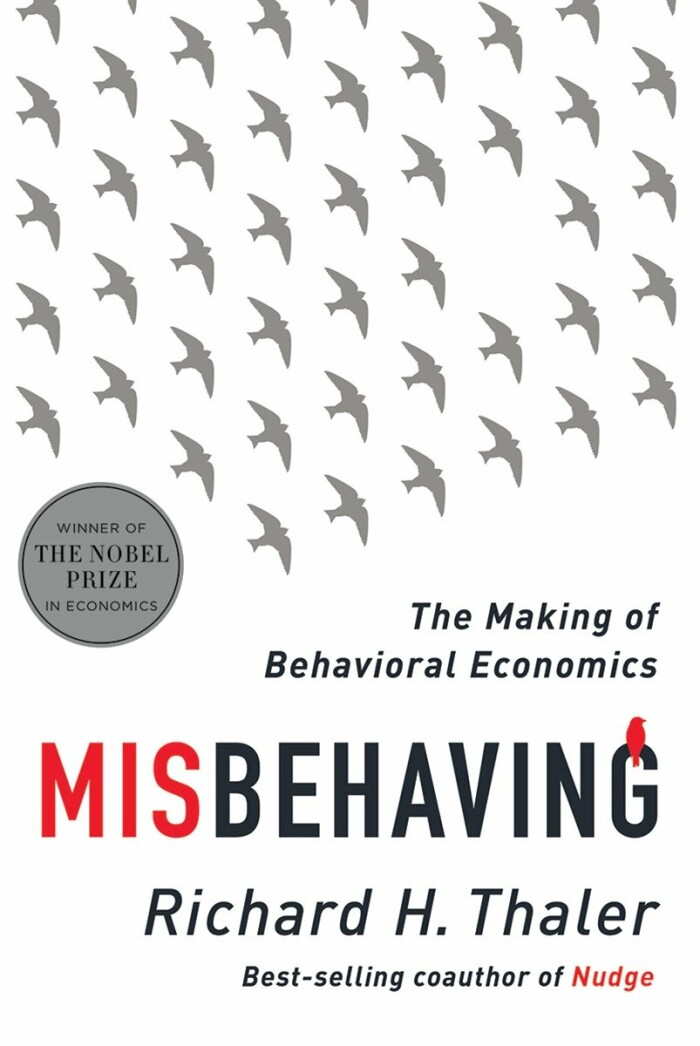
Misbehaving
Richard H. Thaler

Red Notice
Bill Browder

The Economics of Inequality
Thomas Piketty
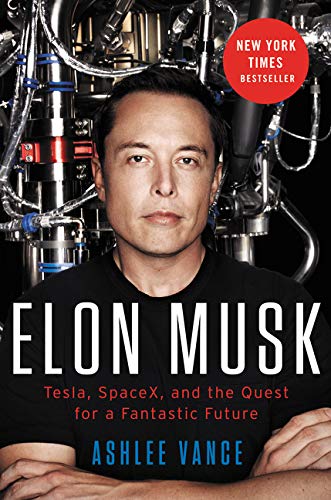
Elon Musk
Ashlee Vance
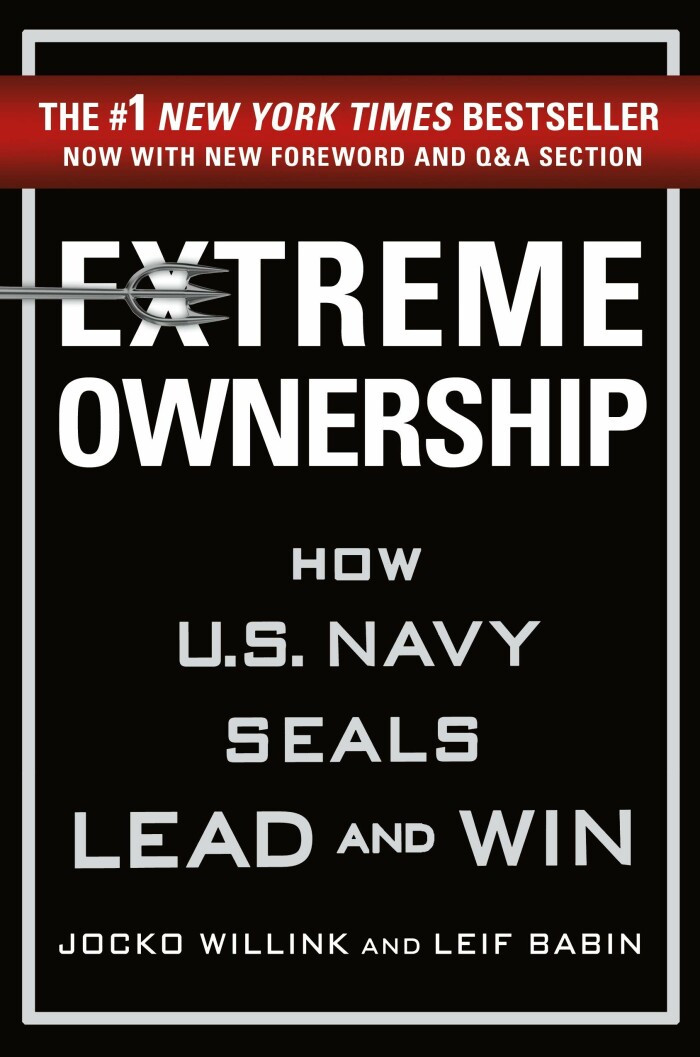
Extreme Ownership
Jocko Willink
